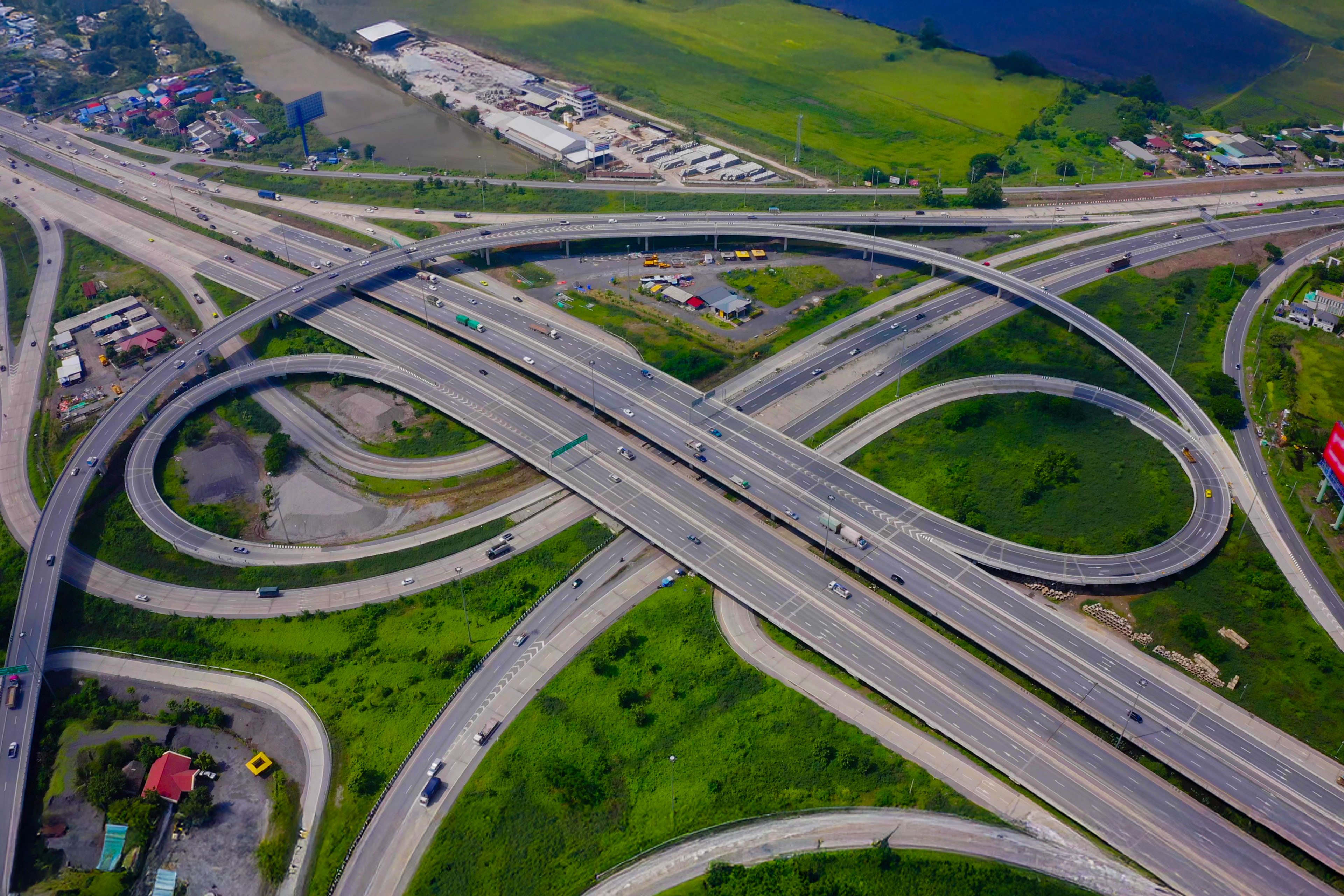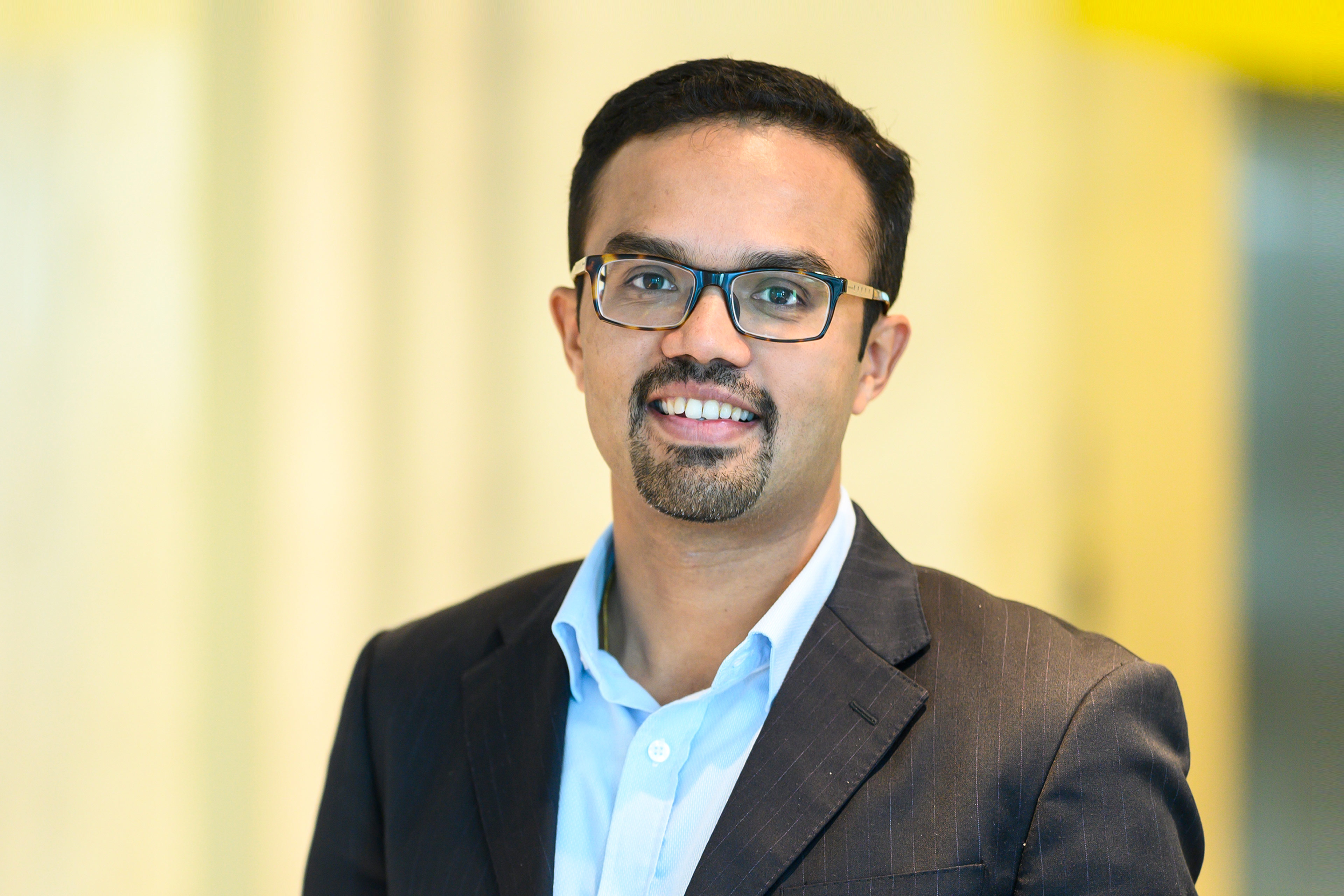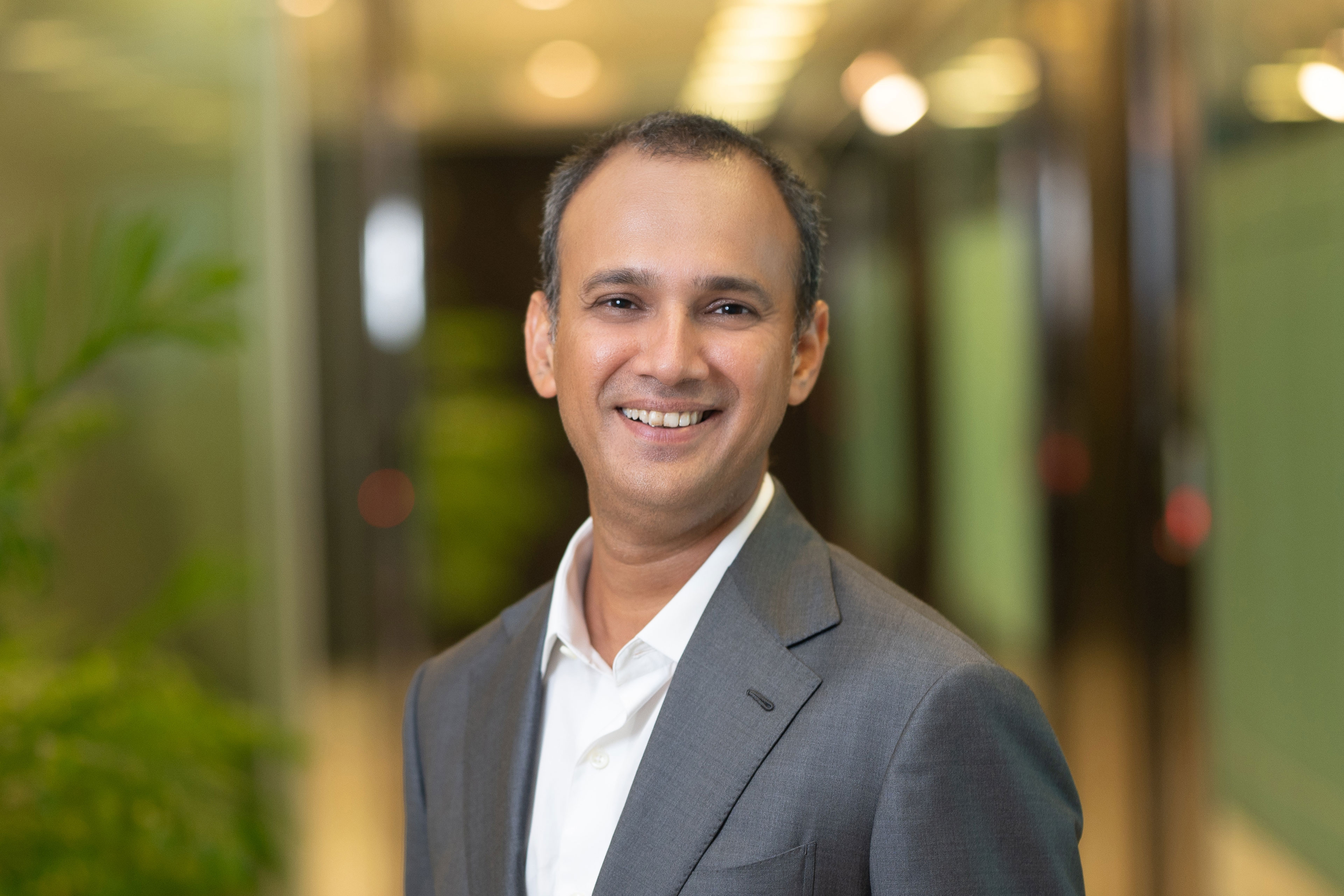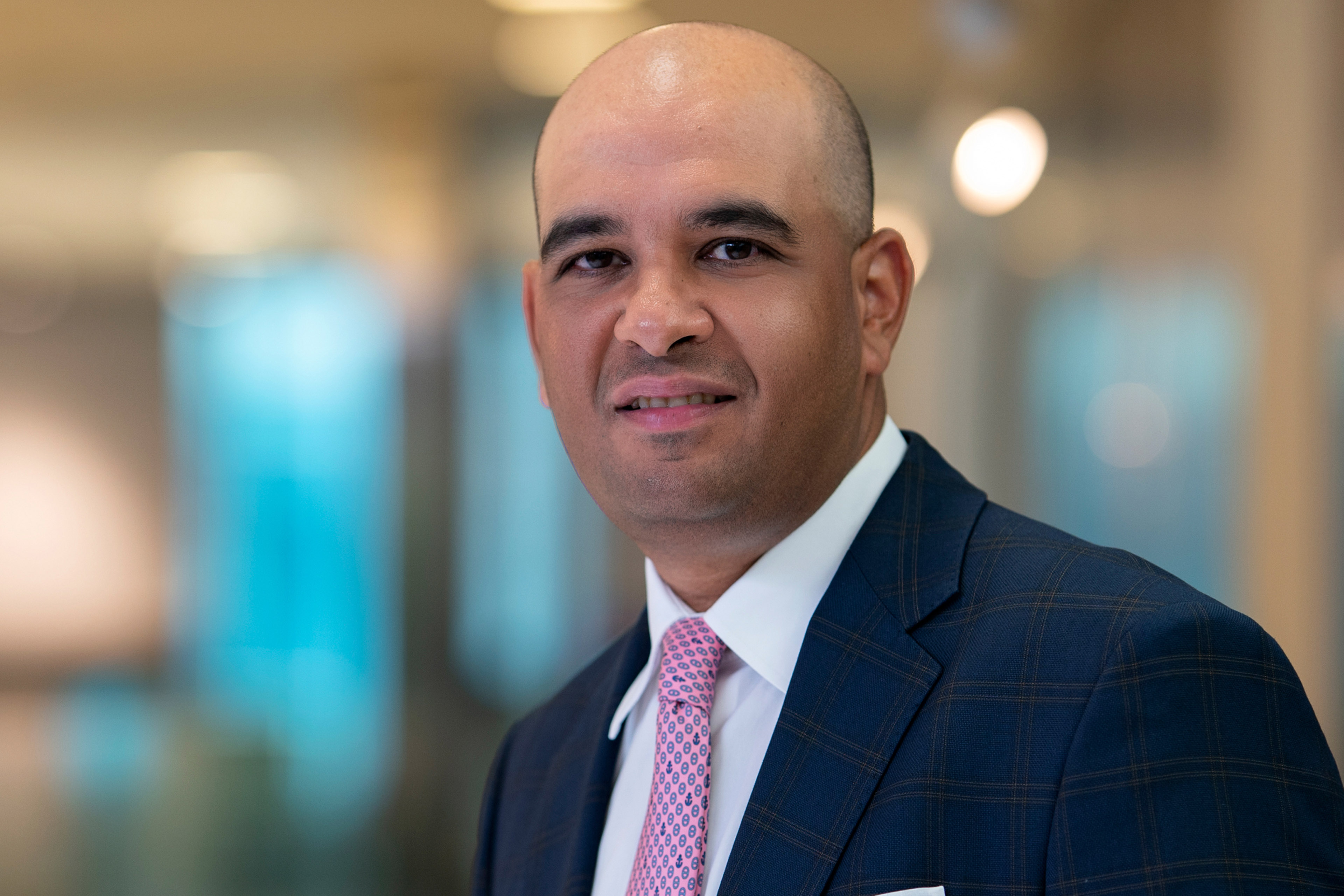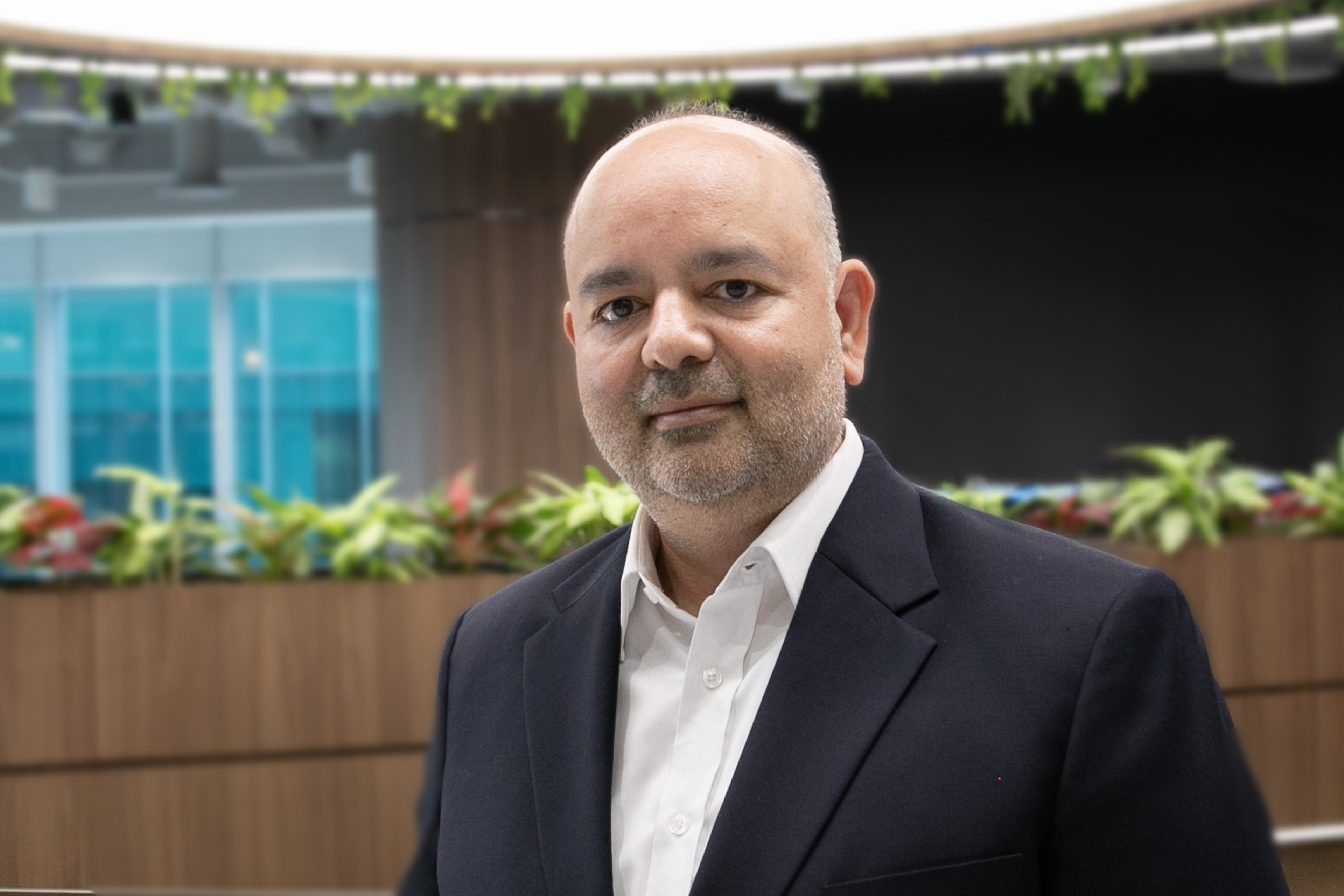EY refers to the global organization, and may refer to one or more, of the member firms of Ernst & Young Global Limited, each of which is a separate legal entity. Ernst & Young Global Limited, a UK company limited by guarantee, does not provide services to clients.
Futures reimagined
Megatrends 2026 and beyond
Shaping the future starts with reimagining it
Futures Reimagined
Welcome to the NAVI world — where change is increasingly nonlinear, accelerated, volatile and interconnected. When faced with disruptive complexity, traditional responses are insufficient; thriving requires a radical shift in how we think and how we operate.
The EY Futures Reimagined framework provides a structured approach to navigate this complex landscape, empowering leaders to transform legacy practices and embrace resilience and growth. By examining the intricate web of the root causes of disruption — technology, geopolitics, sustainability, and demographics — the megatrends reshaping our future emerge.
In this EY Megatrends report, we explore the megatrends that should be on everyone’s radar, and where they intersect and converge. This is not an exhaustive list; rather it serves as a springboard for leaders to identify and analyze additional trends relevant to their unique circumstance.
For organizations, the implications of this new operating environment are profound. Leaders must cultivate the agency to rethink strategies and their approach to risk; innovate business and operating models; and transform talent management. The time for incremental change has passed; now is the moment to embrace a future-ready mindset that turns disruption into opportunity.
The full EY Megatrends report will be published in Spring 2026. Dive into the first two chapters exploring the human-machine hybrid era and the resources of tomorrow to discover how to navigate the NAVI world with clarity and confidence.
Join us as we reimagine what’s possible. Shape your future — don’t let it shape you.

We are entering a new era where the partnership between humans and machines is fundamentally transforming how we work, create value and organize. Advances in AI, robotics and neurotechnology are pushing the boundaries of human potential, shifting the focus from quantity to quality, originality and creativity.
As organizations adapt, traditional productivity metrics are giving way to new frameworks that measure and incentivize human ingenuity in an AI-augmented world. Enterprises are evolving into fluid, adaptive ecosystems — powered by autonomous agents and smart technologies — where decision-making and governance become more responsive and efficient.
In this NAVI landscape, where the future looks nothing like the present, it’s crucial for business leaders to reimagine their strategies. In our first exploration of the megatrends shaping our world, we examine the human-machine hybrid era.
Join us as we delve deeper into the implications of these transformative megatrends.
Read more on the human-machine hybrid era
How superfluid enterprises reshape organizations for competitive edge
Superfluid enterprises use AI and automation to eliminate friction, boost agility and unlock new competitive advantages. Discover how.
How emerging technologies are enabling the human-machine hybrid economy
Discover how technology is changing work and leadership. Take action to succeed in the evolving human-machine economy.
How the productivity reset will redefine value
Discover how AI and megatrends will transform productivity, drive new value measures, smarter strategies, and human-machine collaboration.

The human-machine era will be shaped by new resources. Strategic advantage derives from not just securing access to these resources but reframing each in fresh ways.
Success will be achieved by reframing talent as a portfolio of human and machine capabilities. Continuous learning, by humans and machines, becomes the key lever for optimizing the value of this portfolio.
Yet, as talent gaps widen and labor scarcity intensifies, migration, reframed as economic infrastructure, becomes a strategic asset, requiring proprietary pipelines, investment in housing capacity and design for migrant consumers.
Meanwhile, trust is becoming increasingly scarce and highly valuable in a growing trust economy. Companies will gain advantage by reframing trust from a challenge into an asset that can be measured, invested in, grown and monetized at scale.
Finally, a new race for tangible and intangible natural resources is underway across three domains — earth orbit, the Arctic and the deep sea and deep earth. The resources at play are both tangible, such as critical minerals, and intangible, such as orbital slots and new shipping routes.
Read more, to discover the implications of these transformative megatrends.
Read more on the resources of tomorrow
What falling frontiers mean for the global rush for resources
Explore how new frontiers are reshaping the global resource race. Uncover risks, opportunities and what leaders must do next. Discover more.
Why shared intelligence will redefine talent
Co-evolving human and AI talent is redefining capability. Learn how shared intelligence and co-learning drive future organizational success.
Why migration infrastructure could be the next competitive advantage
Discover how demographics, geopolitics, climate and tech make migration a strategic talent engine and learn the keys to success.
How reframing trust allows firms to navigate change and unlock growth
Reframing trust helps organizations navigate change, manage risk and unlock new growth opportunities in a rapidly evolving world. Explore how.
Sign up for new EY Megatrends insights
Hear from EY, as well as other business experts and leaders, about the latest megatrends shaping our world. To become future ready, it’s time to rethink.




